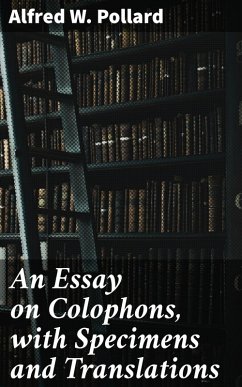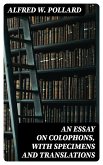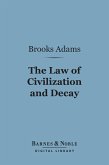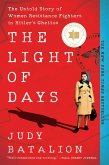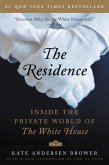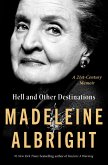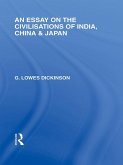Alfred W. Pollard's "An Essay on Colophons, with Specimens and Translations" delves into the often-overlooked yet fascinating world of colophons'Äînotes at the end of manuscripts that provide insight into their production and provenance. Pollard employs a scholarly yet accessible literary style, combining meticulous analysis with generous translations of colophons from various historical texts. This work not only serves as an essential reference for scholars of book history and paleography but also engages with the broader context of manuscript culture in the late medieval period, illuminating the dual roles of practical documentation and artistic expression in written works. Pollard, a prominent bibliographer and literary historian, had a keen interest in the evolution of texts and the historical significance of their formats. His academic background and expertise in the history of books greatly influenced his decision to explore colophons, as they encapsulate the human element in manuscript production'Äîshowcasing the scribes' identities and their cultural contexts. Pollard'Äôs meticulous research reflects his passion for preserving literary heritage. This book is highly recommended for anyone interested in the intersections of literature, history, and book production. Whether you are a student, a scholar, or simply a lover of books, Pollard'Äôs insights will enrich your understanding of how manuscripts communicated their stories, making this work an invaluable addition to your literary library.
Dieser Download kann aus rechtlichen Gründen nur mit Rechnungsadresse in A, B, BG, CY, CZ, D, DK, EW, FIN, F, GR, H, IRL, I, LT, L, LR, M, NL, PL, P, R, S, SLO, SK ausgeliefert werden.

